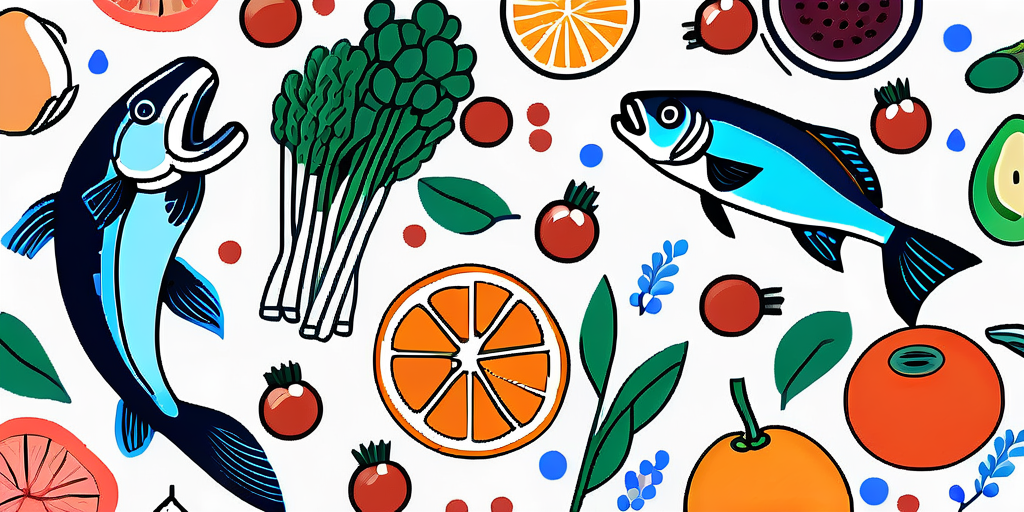Nutrition plays a crucial role in maintaining overall health, including our skin’s health. Like other organs, our skin also needs proper nourishment to function at its best. By fueling our bodies with the right nutrients, we can promote skin health, enhance its appearance, and even prevent or manage certain skin conditions. This article will explore the fascinating connection between diet and skin health, discover key nutrients that support healthy skin, and learn how to integrate proper nutrition into our daily lives to achieve glowing, radiant skin.
Understanding the Connection Between Diet and Skin Health
What we eat directly affects our overall health, including our skin. A balanced diet rich in vitamins, minerals, antioxidants, and healthy fats supports skin cell regeneration, collagen production, and environmental protection.
Conversely, diets high in processed foods, refined sugars, and unhealthy fats can cause inflammation, breakouts, and premature aging. Understanding how food choices impact our skin is crucial, and making conscious decisions to nurture its health is crucial.

The Link between Diet and Inflammation
One of the key ways our diet influences our skin health is through inflammation. Certain foods, such as sugary treats, deep-fried delights, and refined carbohydrates, can trigger inflammation in the body. When we consume these foods regularly, it can lead to a continuous state of inflammation, which manifests as redness, acne, and a dull complexion. On the other hand, opting for an anti-inflammatory diet rich in fruits, vegetables, whole grains, and omega-3 fatty acids can help reduce inflammation, alleviate skin conditions, and promote a healthy, glowing complexion.
Furthermore, research has shown that specific nutrients are crucial in modulating inflammation and supporting skin health. For example, vitamin C is an antioxidant that helps protect the skin from free radicals and aids in collagen synthesis.
Foods rich in vitamin C, such as citrus fruits, berries, and leafy greens, can contribute to a vibrant and youthful complexion. Additionally, omega-3 fatty acids in fatty fish, walnuts, and flaxseeds have anti-inflammatory properties that help calm skin inflammation and maintain skin barrier function.
The Role of Gut Health in Skin Health
Another fascinating aspect of the diet-skin connection is our gut health. The gut and the skin share a unique relationship known as the gut-skin axis. The health of our gut microbiome, the collection of beneficial bacteria that resides in our intestines, can influence the health and appearance of our skin. Imbalances in our gut microbiome can lead to skin issues like acne, eczema, and rosacea.
By nourishing our gut with fiber-rich foods, probiotics, and prebiotics, we can support a healthy microbiome and improve our skin from within.
Moreover, emerging research suggests certain foods can directly impact the gut-skin axis. For instance, fermented foods like yogurt, kefir, and sauerkraut contain probiotics that can enhance the diversity and abundance of beneficial gut bacteria.
These probiotics can then communicate with the skin, promoting a balanced immune response and reducing skin inflammation. Additionally, prebiotic-rich foods like onions, garlic, and bananas nourish the beneficial bacteria in our gut, helping maintain a healthy gut-skin axis and improve skin health.
In conclusion, the connection between diet and skin health is undeniable. By making conscious choices to include nutrient-dense, anti-inflammatory foods and supporting a healthy gut microbiome, we can optimize our skin’s health and achieve a radiant complexion. Remember, your skin reflects what you put into your body, so choose wisely and nourish it from the inside out.
Key Nutrients for Healthy Skin
Now that we understand the connection between diet and skin health, let’s delve into the specific nutrients that are vital for a vibrant, youthful complexion:

Vitamin C: The Radiance Booster
Vitamin C is a powerful antioxidant that aids collagen production, protects against UV damage, and helps fade dark spots. Citrus fruits, strawberries, kiwis, bell peppers, and leafy greens are excellent sources of this skin-loving nutrient.
Vitamin E: The Nourishing Vitamin
Vitamin E is renowned for its moisturizing and healing properties. It protects the skin from oxidative stress, improves elasticity, and helps repair damaged skin cells. Nuts, seeds, spinach, and avocado are excellent sources of vitamin E.
Another essential nutrient for healthy skin is Vitamin A. This vitamin is crucial in cell production and growth, vital for maintaining smooth and glowing skin. Foods rich in Vitamin A include sweet potatoes, carrots, spinach, and liver.
Zinc: The Skin Repairer
Zinc is a mineral that supports the skin’s natural renewal process, helps maintain collagen levels, and has anti-inflammatory properties. It is particularly beneficial for acne-prone skin as it helps regulate oil production and reduce breakouts. Excellent food sources of zinc include oysters, beef, lentils, pumpkin seeds, and chickpeas.
Improve Your Diet? Improve Your Skin Health
There is an undeniable link between diet and skin health. It alone emphasizes the importance of thoughtful dietary choices. We can significantly enhance our skin’s health and appearance by incorporating nutrient-dense, anti-inflammatory foods and supporting a robust gut microbiome. Nutrient-rich diets combat inflammation and provide the building blocks for radiant, healthy skin. Remember, your dietary choices are reflected in your skin’s condition—choose to nourish your body from the inside out for a glowing complexion.



